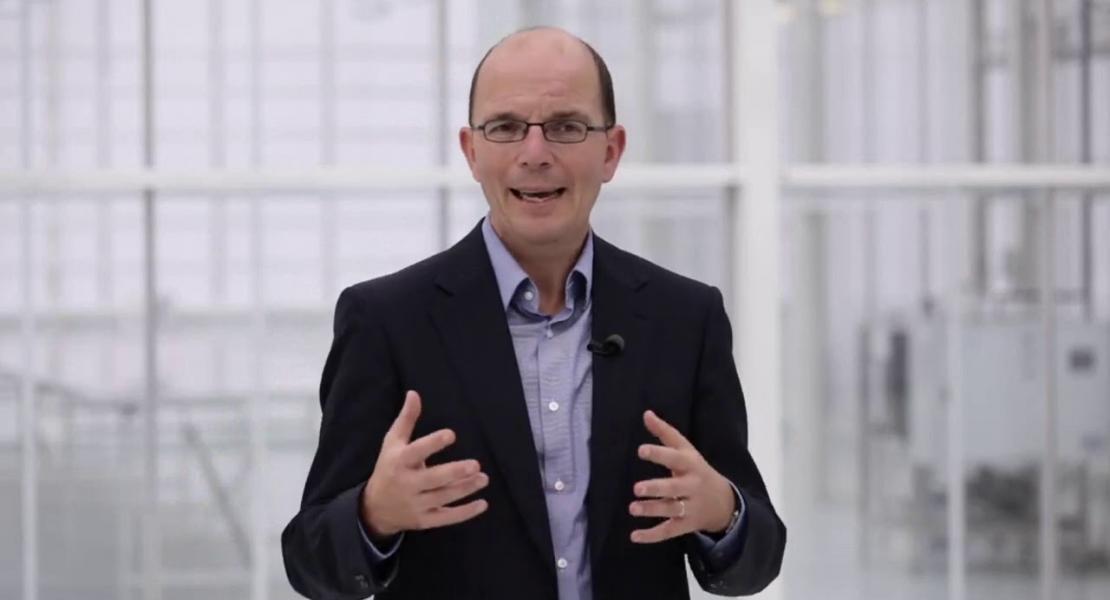The PSB missions with the five focus areas aim at widening the field of expertise of PSB. Obviously, we will strive for scientific excellence, but simultaneously, we are convinced that conducting research in these new areas, including our extension to the plant disease field, could be the basis of novel industrial contracts and the establishment of new spin-offs.
Agriculture becomes more and more technology-driven, as seen by the world-wide tendency toward Integrated Yield Management, in which different technologies are combined to maximize crop yield, both quantitatively and qualitatively. Modern agriculture will make use of precision measurement of the soil, to which subsequently the right amount of fertilizers and possibly biologicals are added. Then, climate-adapted varieties will be grown in these soils and protected from abiotic and biotic stresses by continuously monitoring their physiological status with biomarkers and probes. When required, crops can then be treated with innovative agrochemicals and/or biologicals that protect them from damage and promote further yield. We are convinced that PSB can play a substantial role in generating novel knowledge that will further drive innovations for the Integrated Yield Management concept. Although PSB has already contacts with many companies, both nationally and internationally, we will proactively search for industrial partners with whom we can co-develop some of the concepts outlined above.
Collaborative Research
In collaborative research activities, we can offer our world-class expertise in different fields of plant biotechnology, and a critical mass of competent scientists in root development and architecture, organ size and yield, secondary metabolism and health, wood formation and second generation bio-fuels, oxidative stress and plant resilience, to name a few. We can also bring in our advanced technology platforms and direct access to service facilities within VIB. These include plant phenotyping through imaging robots, different molecular profiling techniques, applied bioinformatics and biostatistics, protein complex discovery through AP-MS, the Compound Screening Facility, and many more.
We seek for the best solutions to generate added values and competitive advantages for the companies we collaborate with.
Licensing opportunities
VIB follows an active patenting strategy of technologies with potential commercial value.
The Center for Plant Systems Biology currently retains a large patent portfolio and files new patent applications every year. The majority of our patent applications are either licensed to different partners, or strategically non-licensed in order to support or set up novel spin-off companies.
For more information on licensing opportunities, visit the VIB website, or contact Griet Verhaegen.
